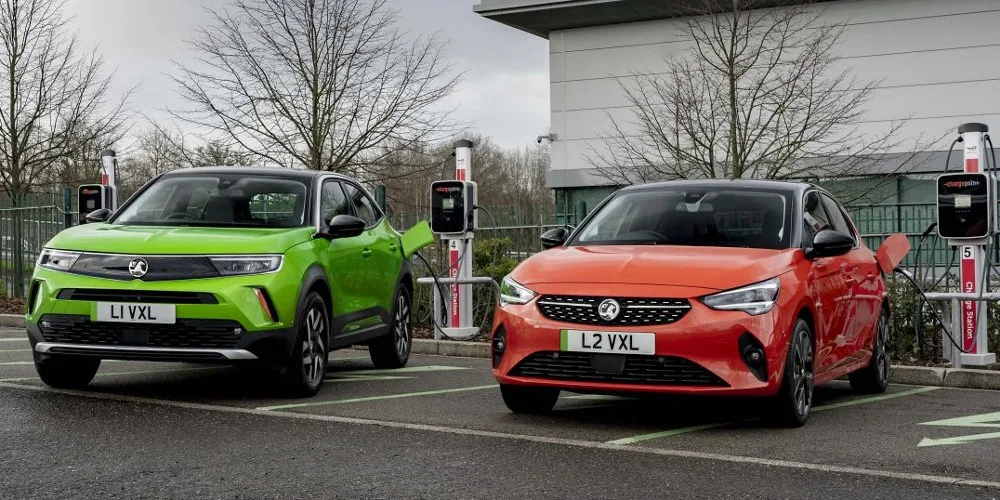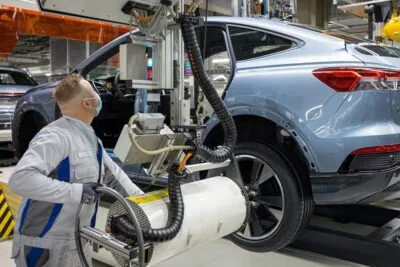UK government stops subsidising new electric cars
The British government is ending its subsidy programme for electric cars with immediate effect. The sudden move only affects newly purchased electric cars. Subsidies for electric vans, electric taxis and electric motorbikes are to continue.
All existing applications for the grant will still be considered, as will grants not yet applied for electric cars bought in the two working days before the announcement (14.6.), according to the UK government. For newly purchased electric cars, however, the government subsidy programme ends with immediate effect.
The government has already scaled down the programme several times. Most recently, only electric cars up to a price of 32,000 pounds were subsidised with 1,500 pounds. The plug-in car grant was thus only available for a few vehicles on the market anyway. The repeated reduction to the equivalent of about 1,750 euros had already caused speculation about an imminent end.
The government justifies the step by saying that the successive cuts in the subsidy and the number of eligible models had had “hardly any impact on the rapidly increasing sales and the steadily growing model range”. In other words, customers did not necessarily make their purchase decision dependent on the subsidy, but simply took the (reduced) subsidy with them.
Therefore, the government wants to refocus the subsidy – “on the main barriers to the transition to electric vehicles, including public charging and support for the purchase of other road vehicles where the transition to electric vehicles needs to be further developed”. While the electric car incentive scheme is now ending, the UK government is pledging £300 million in funding for the purchase of electric vans, electric taxis and electric motorbikes. However, the announcement does not announce an increase in subsidies to expand the charging infrastructure.
Although the government is cancelling the purchase premium for new electric cars, other subsidies will continue. For example, electric vehicles continue to be exempt from vehicle tax and can benefit from reduced tax rates for company cars, as in Germany.
“The government continues to invest record amounts in the transition to EVs, with £2.5 billion injected since 2020, and has set the most ambitious phase-out dates for new diesel and petrol sales of any major country,” says Trudy Harrison, parliamentary under-secretary of state at the Department for Transport. “But government funding must always be invested where it has the highest impact if that success story is to continue.”





0 Comments